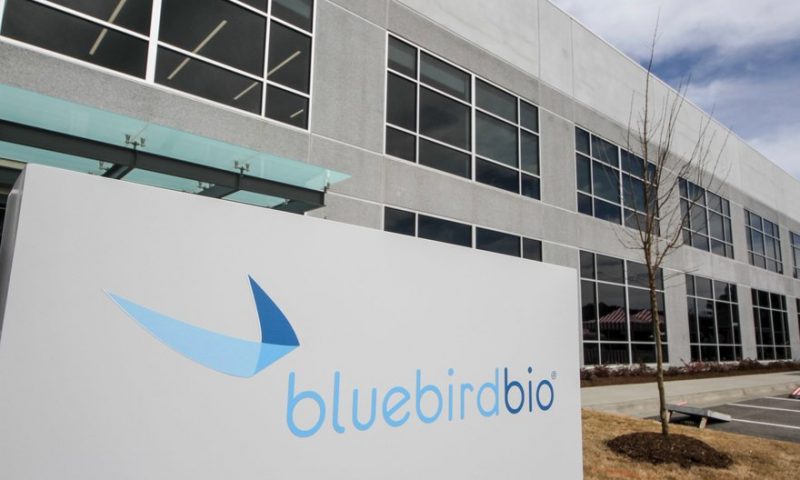Bluebird bio has presented updated data on its cerebral adrenoleukodystrophy (CALD) gene therapy ahead of a planned filing for FDA approval. Most patients were alive and free from major functional disabilities after 24 weeks of follow-up, suggesting elivaldogene autotemcel stabilizes the disease.
The gene therapy, also known as eli-cel, is designed to provide a functional copy of ABCD1, the gene that is mutated in the rare, X-linked metabolic disorder CALD. In the absence of a functional copy of the gene, very long-chain fatty acids accumulate in the brain and spinal cord, leading to symptoms including cognitive decline.
Bluebird has provided updates on the 32 patients treated with eli-cel in the phase 2/3 clinical trial ALD-102 throughout the study. The latest update features 30 patients with 24 months of follow-up.
After 24 months, 27 of the 30 subjects were alive and free from six major functional disabilities such as loss of communication and wheelchair dependence. The measure is the primary efficacy endpoint of the study.
The updated data are incrementally positive for bluebird. Previously, bluebird disclosed the death of one participant and the withdrawal of two other subjects at investigator discretion. When bluebird reported data in August, 20 of the 23 evaluable patients were alive and free from major functional disabilities at 24 months. Since then, seven more patients have reached 24 months alive and free from major functional disabilities. Two subjects are yet to reach 24 months of follow-up.
Bluebird is continuing to track 27 subjects in a long-term follow-up that now has nearly seven years of data on some participants. Those subjects have remained alive and free from major functional disabilities, pointing to the durability of the effects of the one-time treatment. Fourteen participants have at least five years of follow-up.
The primary safety endpoint of the 32-subject phase 2/3 clinical trial is the proportion of patients who experience acute or chronic graft-versus-host disease (GvHD) by month 24. Bluebird is yet to see a case of GvHD.
Work is underway to secure approvals on both sides of the Atlantic. The European Medicines Agency accepted a filing for approval of eli-cel in October. Bluebird is preparing to seek FDA approval around the middle of the year. The timeline positions eli-cel to come to market before bluebird’s sickle cell disease gene therapy, a filing for which was pushed back to late 2022 after a request from the FDA.

